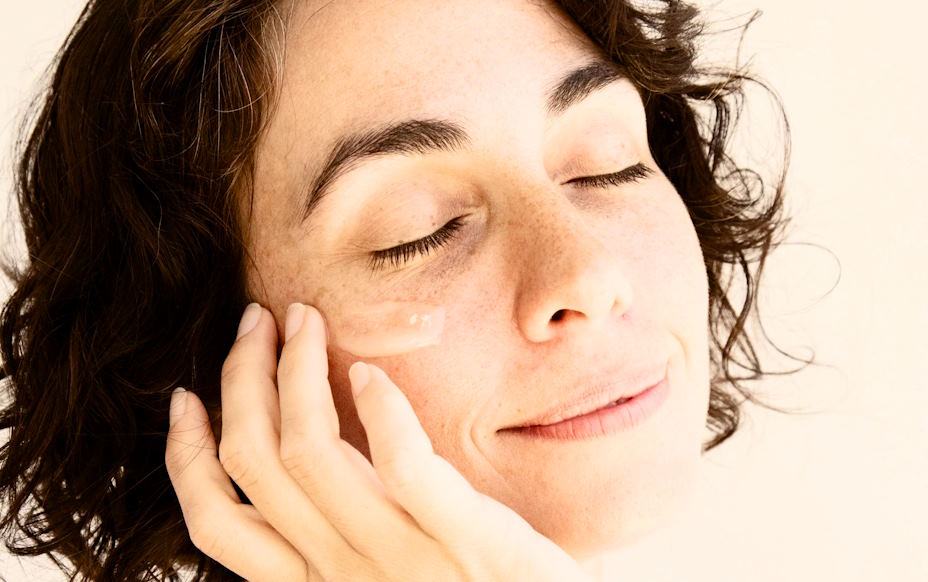In the ever-evolving landscape of skincare, few ingredients have captured the spotlight quite like retinoids. With their remarkable ability to address both the relentless march of time and the persistent challenges of acne, retinoids have emerged as true superstars in the realm of beauty and wellness. From unraveling the science behind their mechanisms to offering practical guidance on their integration into skincare routines, we unlock the secrets of these extraordinary compounds, empowering you to harness their potential for skin that radiates with youthful vitality and free from blemishes.
Anti-Aging Benefits of Retinoids
Stimulation of Collagen Production
Retinoids, often referred to as the fountain of youth in a bottle, wield a remarkable power to stimulate collagen production within the skin. Collagen, a protein responsible for maintaining skin’s firmness and elasticity, diminishes with age, leading to sagging and wrinkles. Retinoids work by engaging with skin cells and encouraging the synthesis of collagen fibers. This action not only helps to restore lost volume but also imparts a more youthful, plumped appearance to the skin.
Reduction of Fine Lines and Wrinkles
The fine lines and wrinkles that mark the passage of time are some of the most visible signs of aging skin. Retinoids excel in their ability to minimize these unwelcome creases. By promoting cell turnover and encouraging the shedding of older, damaged skin cells, retinoids pave the way for newer, smoother skin to emerge. This process softens the appearance of fine lines and wrinkles, resulting in a complexion that exudes a renewed vitality.
Improvement of Skin Texture and Tone
Uneven skin texture and tone can add years to one’s appearance. Fortunately, retinoids possess the capacity to address these concerns head-on. Through their exfoliating properties, retinoids gently slough away dead skin cells, unveiling the fresher, healthier layers beneath. This contributes to a smoother texture and a more even complexion, leaving skin looking and feeling rejuvenated.

Acne-Fighting Properties of Retinoids
Regulation of Sebum Production
Excessive sebum production is a primary factor in the development of acne. Enter retinoids, armed with their ability to regulate sebum production. By modulating the activity of oil-producing glands, retinoids help maintain a balanced oil level on the skin’s surface. This reduces the likelihood of pores becoming clogged and minimizes the conditions conducive to acne formation.
Unclogging of Pores and Prevention of Comedones
Comedones, the infamous whiteheads and blackheads that plague many, originate from blocked pores. Retinoids excel at preventing these pesky intruders. Their exfoliating properties accelerate the shedding of dead skin cells, effectively clearing away the debris that can accumulate within pores. This unclogging action not only prevents comedone formation but also promotes healthier, clearer skin overall.
Anti-Inflammatory Effects on Acne Lesions
Inflammation is a hallmark of acne, causing redness, swelling, and discomfort. Retinoids possess anti-inflammatory prowess that helps calm the irritation associated with acne lesions. By reducing inflammation, these compounds aid in accelerating the healing process and minimizing the appearance of active breakouts.

Incorporating Retinoids into Your Skincare Routine
Patch Testing and Introduction to Retinoids
Embarking on a journey with retinoids requires a cautious approach. Before diving in, conduct a patch test to gauge your skin’s sensitivity. Once you’re ready to introduce retinoids, start with a low-frequency application to allow your skin to acclimate. This step minimizes the risk of irritation and sets the stage for a successful retinoid journey.
Gradual Incorporation to Prevent Irritation
Retinoids are powerful agents, and a slow and steady approach yields the best results. Begin by applying retinoids once or twice a week, gradually increasing frequency as your skin adjusts. This measured progression prevents the dreaded retinoid “purge” and reduces the likelihood of redness and peeling.
Choosing the Right Retinoid Concentration
Selecting the appropriate retinoid concentration is key to a harmonious partnership with your skin. Over-the-counter options, often milder, are suitable for beginners. If seeking stronger formulations, a dermatologist’s guidance is essential. Their expertise will guide you toward prescription retinoids tailored to your skin’s needs and tolerance levels.
